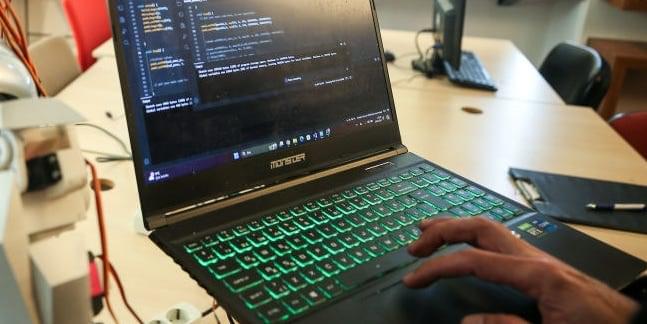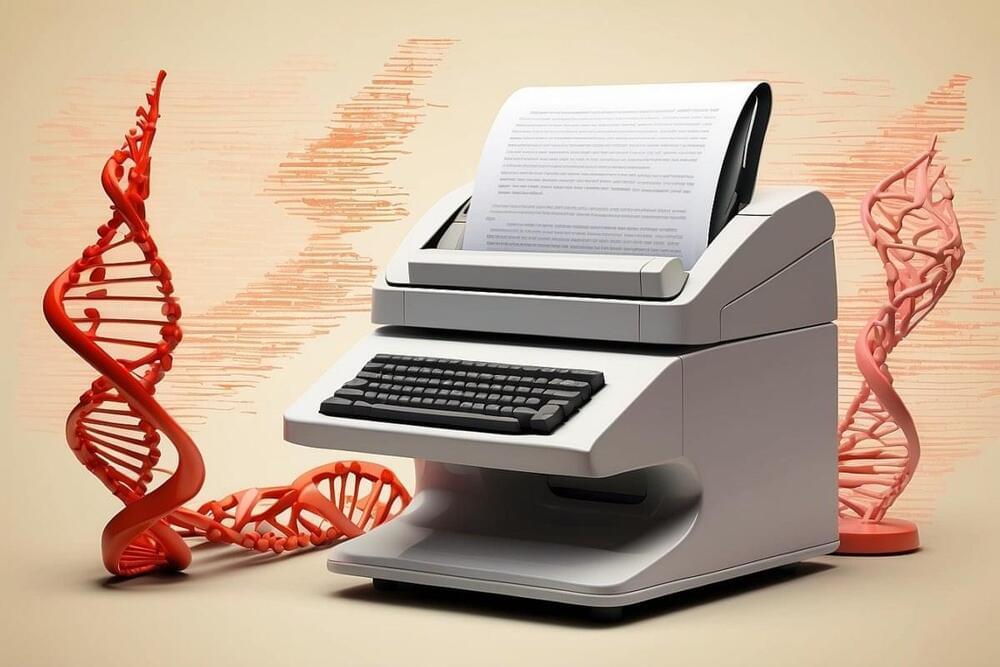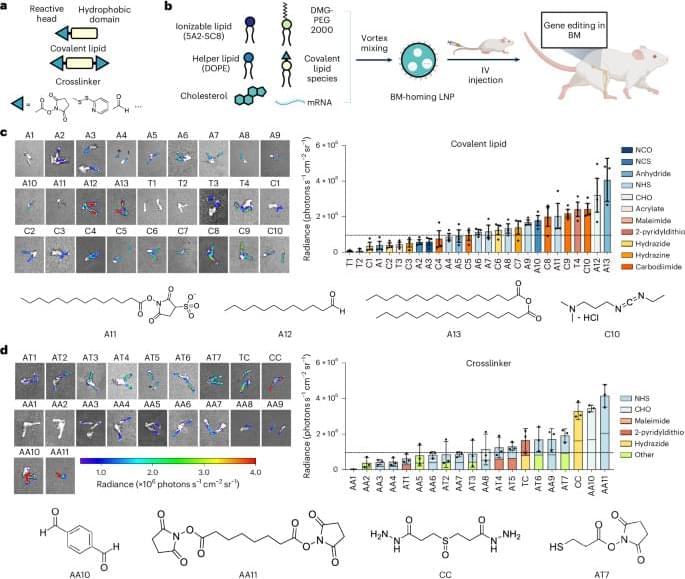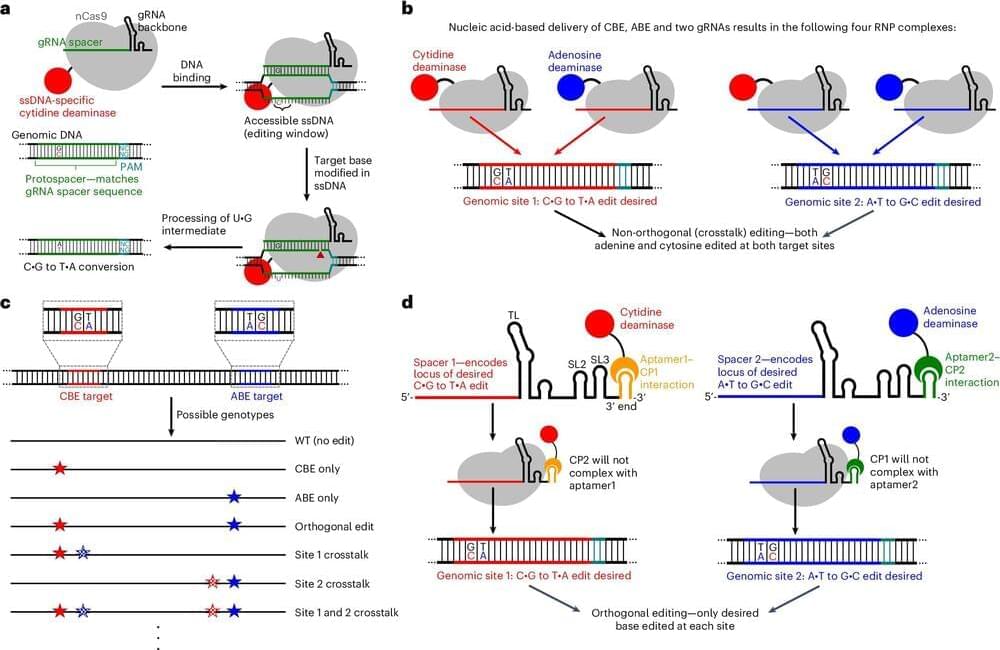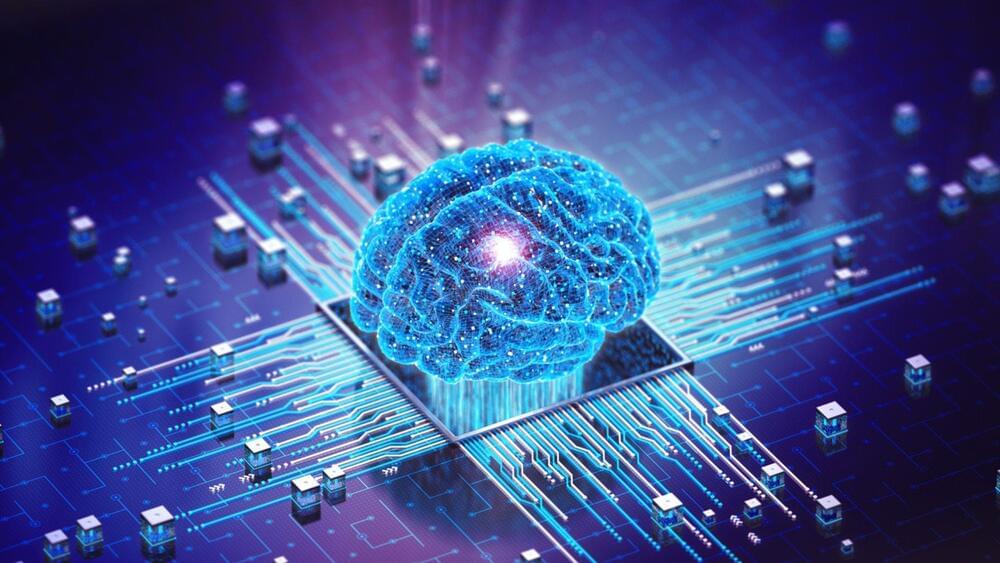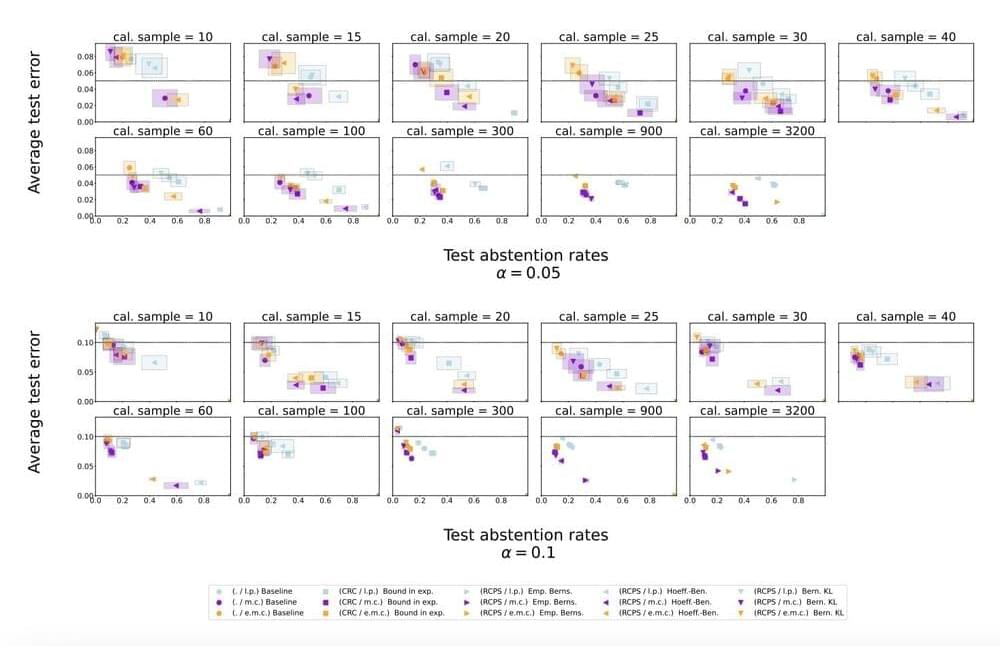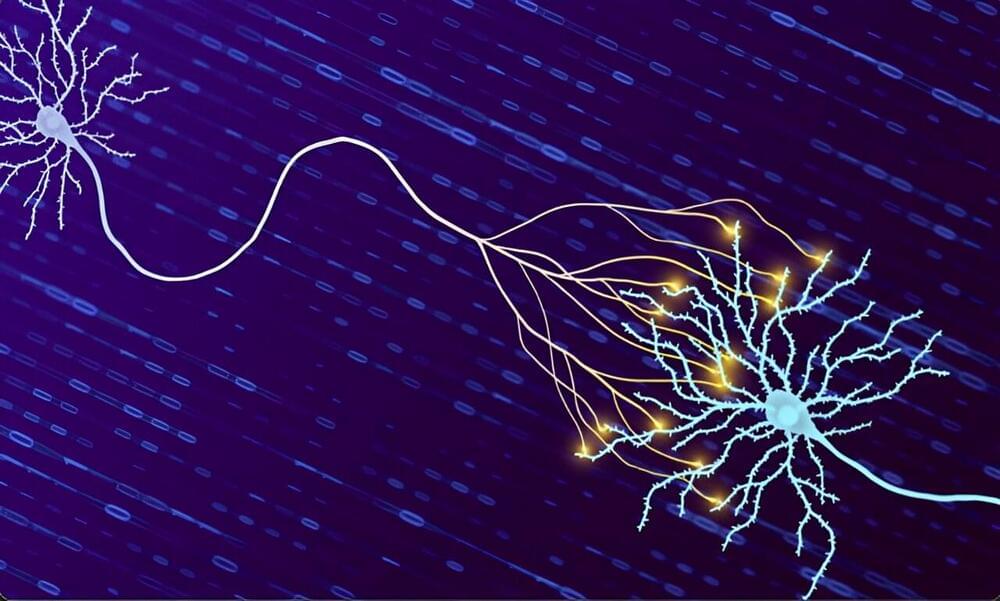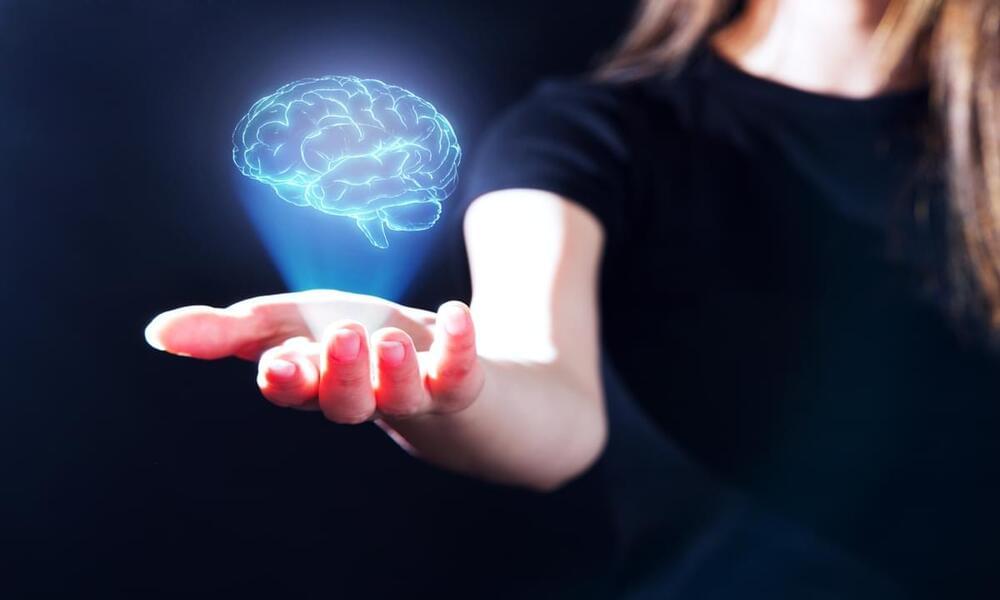
In a stunning scientific feat in the field of cryonics, a team from Fudan University in Shanghai achieved a monumental breakthrough by successfully reviving a human brain that had been frozen for as long as 18 months. This record breaking achievement not only shatters previous records in cryogenic technology but has also been published in the esteemed academic journal Cell Reports Methods.
The team led by Shao Zhicheng created a revolutionary cryopreservation method, dubbed MEDY, which preserves the structural integrity and functionality of neural cells, allowing for the preservation of various brain tissues and human brain specimens. This advancement holds immense promise not only for research into neurological disorders but also opens up possibilities for the future of human cryopreservation technology.
Professor Joao Pedro Magalhaes from the University of Birmingham K expressed profound astonishment at the development, hailing the technology’s ability to prevent cell death and help preserve neural functionality as nothing short of miraculous. He speculated that in the future, terminally ill patients could be cryopreserved, awaiting cures that may emerge, while astronauts could be frozen for interstellar travel, awakening in distant galaxies.
